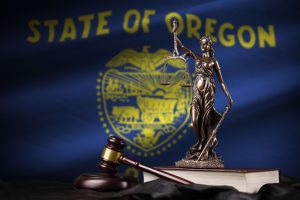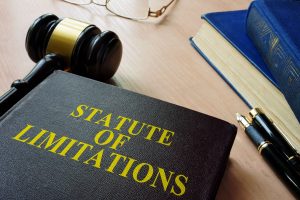 Employers who are sued by an employee might end up either defending themselves in an administrative action before the Bureau of Labor & Industries (BOLI) or in Oregon circuit courts. The objective is the same: you’ll want to present the facts in the light most favorable to the employer.
Employers who are sued by an employee might end up either defending themselves in an administrative action before the Bureau of Labor & Industries (BOLI) or in Oregon circuit courts. The objective is the same: you’ll want to present the facts in the light most favorable to the employer.
However, defending a case before BOLI differs in important ways from litigating in Oregon courts. To discuss your situation with an Oregon business litigation attorney, contact Structure Law Group, LLP. We work to protect our clients’ reputations and enforce their rights in any forum.
What Is BOLI?
 Business Lawyers Blog
Business Lawyers Blog











